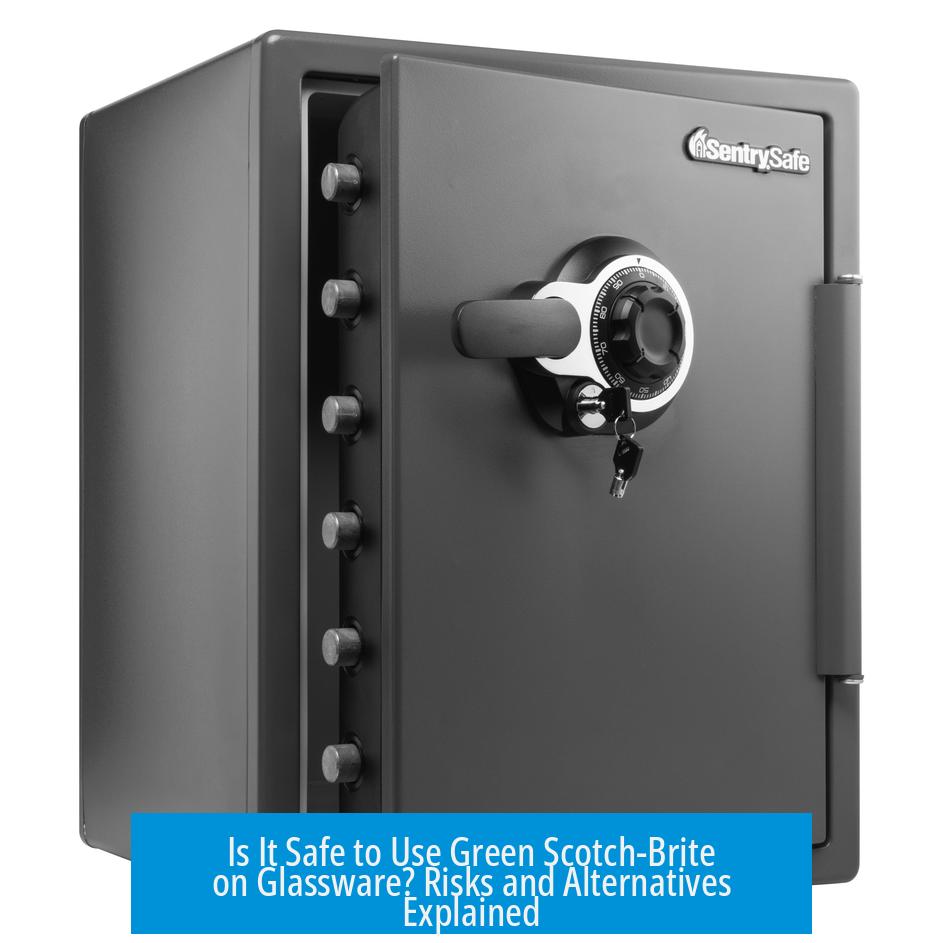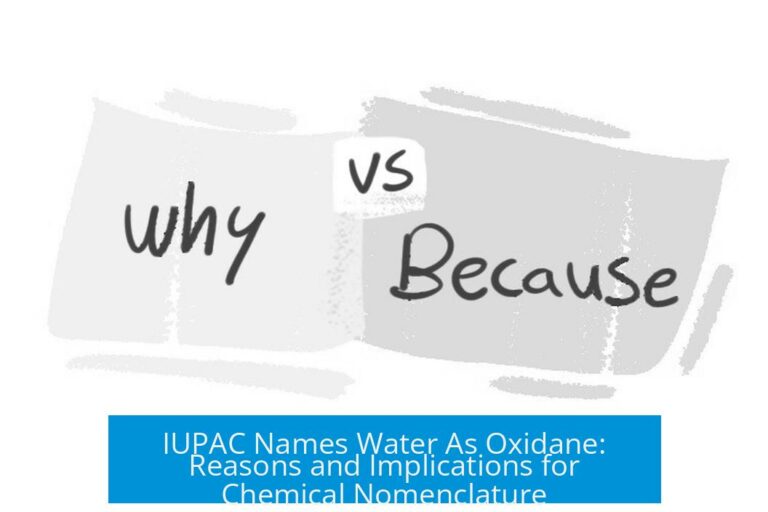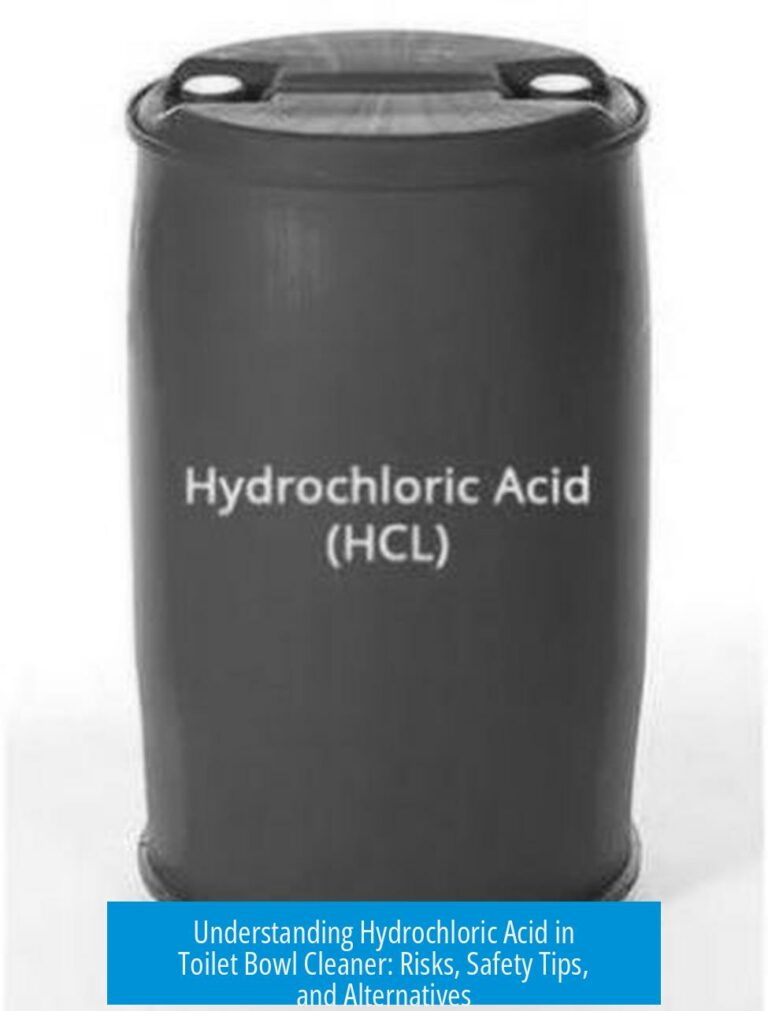Is It Safe to Use Green Scotch-Brite on Glassware?
Using Green Scotch-Brite on glassware is not safe as it scratches the surface, causing long-term damage and reducing glass strength significantly. While some users may still choose to use it, the abrasive nature of the green Scotch-Brite can harm glassware.
Why Green Scotch-Brite Scratches Glass
The green Scotch-Brite pad acts like sandpaper. Its abrasive particles create visible scratches on glass surfaces. This rough texture can create anchor points, for example, to hold marker ink. However, these scratches are harmful.
Long-Term Risks of Abrasive Cleaning
- Surface scratches expose glass to acids and bases, accelerating corrosion.
- Corroded spots become weak points, leading to cracks under thermal stress.
- Pristine glass is far stronger, but damaged glass may lose up to 1,000 times its peak strength.
Alternatives to Green Scotch-Brite
To protect glassware, switch to less abrasive options like Blue or Brown Scotch-Brite pads. These alternatives do not cause the same scratching issues. Plastic cleaning pads are another safe choice since they do not scratch glass.
Recommended Cleaning Agents for Tough Stains
For strong scouring action without damaging glass, consider using powdered cleansers such as Comet, Ajax, or Bar Keeper’s Friend. These are commonly stocked in professional labs and effectively clean glassware.
| Cleaning Material | Effect on Glassware |
|---|---|
| Green Scotch-Brite | Scratches, leads to corrosion, weakens glass |
| Blue/Brown Scotch-Brite | Less abrasive, safer for glass |
| Plastic Pads | No scratching, safest option |
| Comet, Ajax, Bar Keeper’s Friend | Strong cleaning without scratching |
Key Takeaways
- Green Scotch-Brite scratches glass and reduces its strength.
- Scratches promote corrosion and cracking under thermal stress.
- Use blue/brown Scotch-Brite or plastic pads for safer cleaning.
- Comet, Ajax, and Bar Keeper’s Friend offer strong cleaning without damaging glass.
Is it true that green Scotch-Brite scratches glassware?
Yes, green Scotch-Brite acts like sandpaper and will scratch the glass. These scratches can be visible and affect the surface quality.
What are the risks of using abrasive materials like green Scotch-Brite on glass in the long term?
Scratches create spots where acids and bases can corrode the glass. Over time, this weakens the glass and may cause cracking, especially under thermal stress.
Are there safer alternatives to green Scotch-Brite for cleaning glassware?
Yes, blue and brown Scotch-Brite pads are less abrasive and usually safer. Plastic scrubbers and powders like Comet or Bar Keeper’s Friend are good alternatives.
How do scratches from abrasive cleaning affect the strength of glass?
Scratches reduce glass strength dramatically, potentially by a factor of a thousand compared to flawless glass. Pristine glass is far stronger than scratched glass.
Why might some users still choose to use green Scotch-Brite on glassware?
Some use it because scratches help things like sharpie marks stick better. However, this comes with the downside of weakening the glass.





Leave a Comment